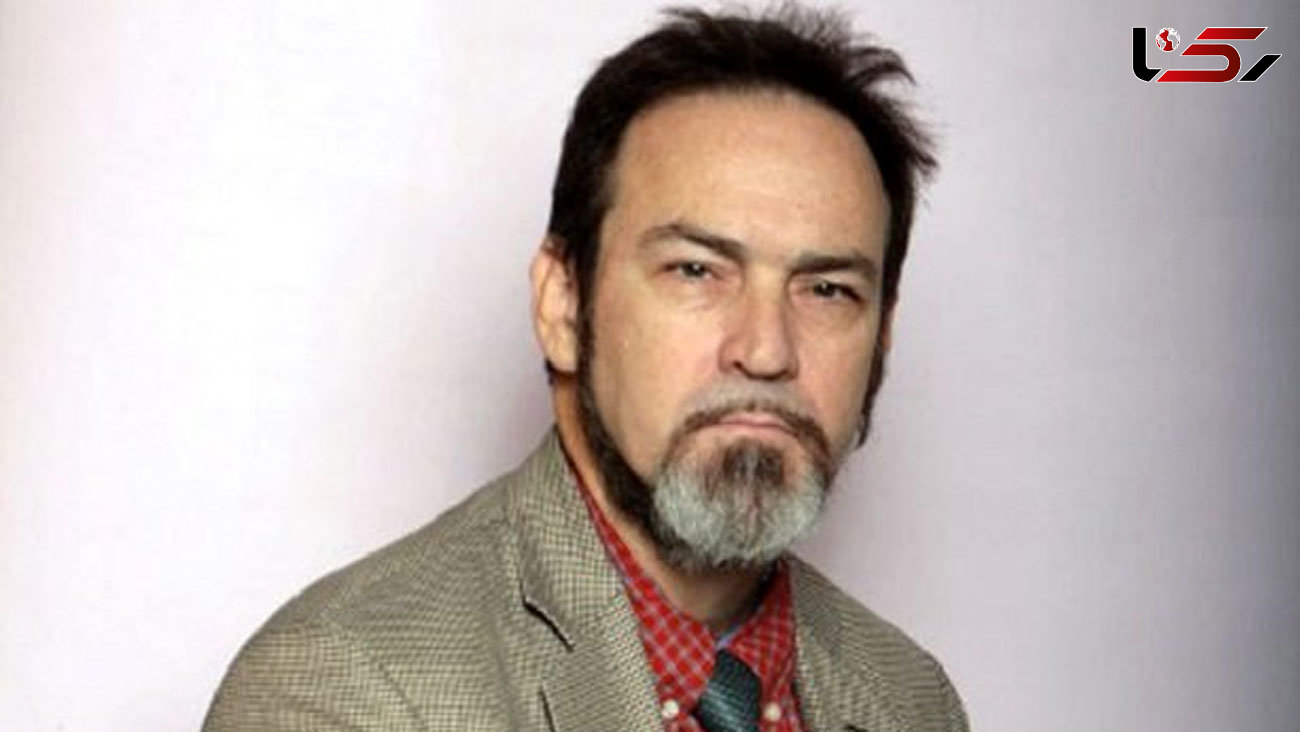US political system to be called out for hypocrisy, mendacity
Rokna: American professor Colin Cavell says the US political system will be called out for its 'hypocrisy and mendacity'.

In an exclusive interview with Mehr News Agency, Colin S. Cavell, a full professor of political science at Bluefield State College, shares his thoughts about the US presidential election and the country's political system.
Here is the full text of the interview:
Trump has shown no sign of a peaceful transfer of power. Recently US Secretary of State Mike Pompeo said "There will be a smooth transition to a second Trump administration." Some believe such remarks can eventually lead to anger and violence. What is your take on this?
No, at this point, there does not appear to be a peaceful transfer of power on the part of President Trump in the near future. Here is why:
Background facts about the United States of America:
Population: 331,002,651 people
Number of states: 50
Number of Electoral Votes: 538 (435 reflecting the number in the U.S. House of Representatives plus three for the District of Columbia[1] plus two reflecting each state’s number of senators)
Total Votes Cast in Election 2020: 154,749,8388
Total Votes Cast for Joe Biden (D): 78,765,697 (50.9%)
Total Votes Cast for Donald Trump (R): 73,159,025 (47.3%)
Since Election Day on November 3, 2020, the world has been awaiting the outcome of the 2020 U.S. Presidential Election. On Saturday, November 7, 2020, candidate Joe Biden was declared by the national media the victor, as Biden reportedly, according to the Associated Press wire service, won the contest in the state of Pennsylvania. As counting in several states continues—due to absentee votes and mail-in ballots—and now recounts of votes—the above figures may slightly change one way or another. Since November 7th, the Biden campaign, the Democratic Party, and those associated with either the Democrats or continuity of the U.S. republic, in accordance with past practice, have emphasized that Biden’s victory as President is a foregone conclusion, i.e. a fact.
Republican candidate Donald Trump, however, did not concede the race to Biden, as he maintains that the 2020 election is fraught with fraud and, hence, neither the ballots nor the ballot counting can be trusted. To the contrary, Trump—who remains President until the next inauguration day on January 20, 2021—announced early in the morning on Wednesday, November 4th around 2:30 a.m. EST that he was the victor. Also, the strategy ahead for his campaign was made clear: “We will be going to the Supreme Court. We want all voting to stop. We don’t want them to find any ballots at 4 a.m. in the morning,” Trump said.
In his 1831 treatise, Alexis de Tocqueville made the following conclusion:
In America there are no nobles or men of letters, and the people is apt to mistrust the wealthy; lawyers consequently form the highest political class, and the most cultivated circle of society. They have therefore nothing to gain by innovation, which adds a conservative interest to their natural taste for public order. If I were asked where I place the American aristocracy, I should reply without hesitation that it is not composed of the rich, who are united together by no common tie, but that it occupies the judicial bench and the bar (de Tocqueville, Ch. XVI, 1831).

The prescience of de Tocqueville’s conclusion as regards the existence of an aristocracy in the United States can be witnessed today as the ultimate decision regarding the outcome of the 2020 U.S. presidential election is yet to be settled and appears to be headed for a judicial decision by the U.S. Supreme Court, much as the 2000 case decided in favor of George W. Bush in the 2000 election (Bush v. Gore, 531 U.S. 98 (2000)) which provided him the keys to the White House in Washington, D.C.
The Supreme Court of the United States (SCOTUS) is comprised of nine members, so that a tie vote will seldom happen. Current composition of the court—with the death of liberal justice Ruth Bader Ginsburg on September 18, 2020 and her replacement with conservative justice Amy Coney Barrett confirmed by the U.S. Senate on October 31, 2020—now ensures a 6-3 conservative majority, and this is what the Trump team is counting on should the outcome of the 2020 U.S. election end up in the court system.
SCOTUS cannot simply issue a partisan ruling in favor of the Trump team without a valid legal argument supporting their decision. If so, then what is the legal path forward for the Trump team?
Article II of the United States Constitution states in part:

Send Comments